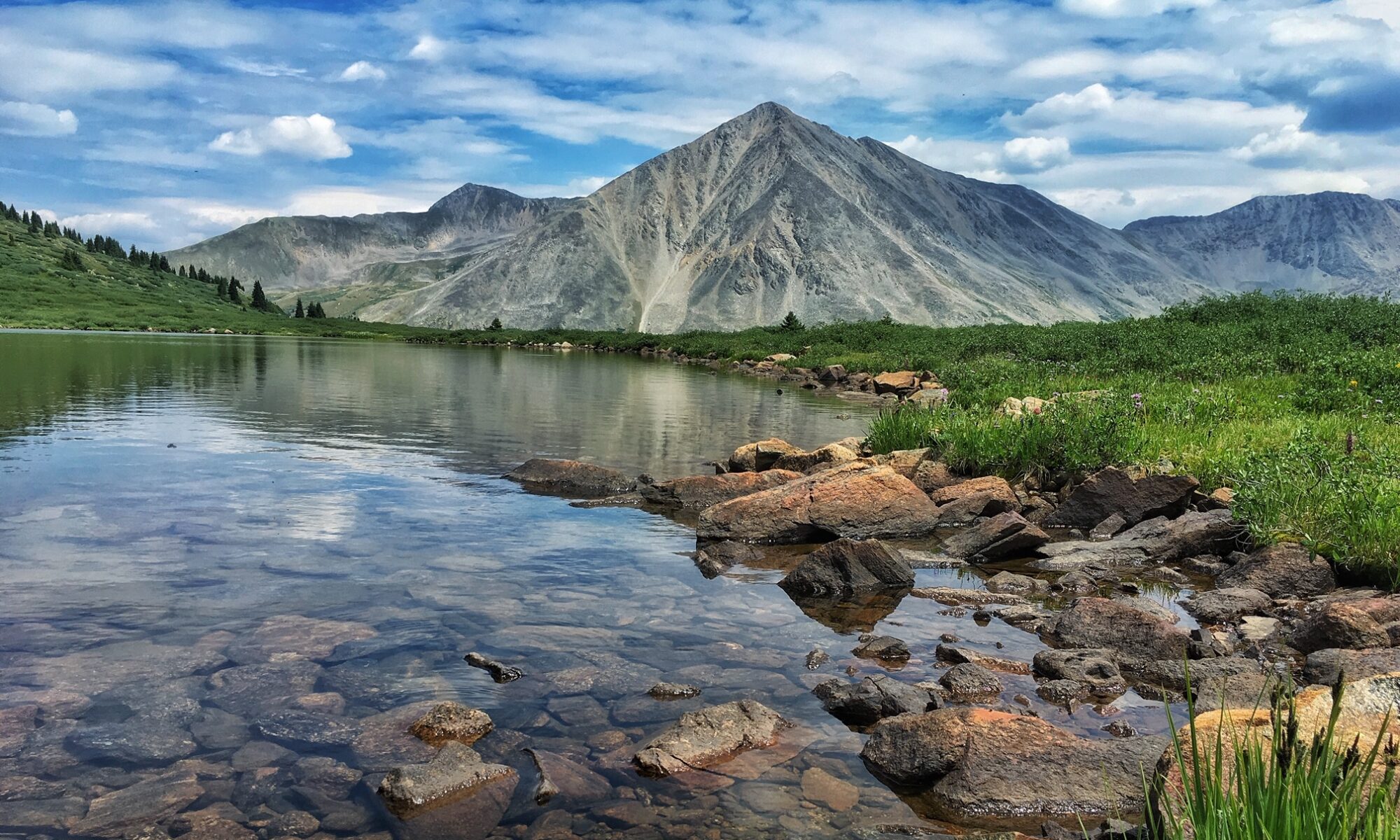Henry David Thoreau once said: “Many go fishing all their lives without knowing that it is not fish they are after.” I have to agree. I love catching trout when I fly fish — the more the better. But I figured out long ago that what fly fishers pursue is much more than the fish.
Here is a brief list of what I’m after when I head to the river with my fly rod:
Beauty
I love the sheer beauty of rugged mountains, crystal-clear streams, snow showers, yellow aspen leaves, and the piercing bugle of a bull elk. Fly fishing gives me a way to experience this beauty — not just observe it. Whether I’m knee-deep in Montana’s Yellowstone River or in the Milwaukee River not far from where the Milwaukee Bucks play basketball, there is beauty to feel and see on the river.
Solitude
I like people, so it took me awhile to realize that I lean more toward introversion than extroversion. A couple lines from an old John Denver song resonate with me whenever I go fly fishing.
-
Now he walks in quiet solitude, the forest and the streams,
Seeking grace in every step he takes
There’s something about fly fishing that gives me the space and quiet and time to re-energize. The next couple items on my list are by-products of that refreshing solitude.
Clarity
I do some of my best thinking when I’m fly fishing. It’s rather unintentional, though. When I’m fly fishing, my single-minded focus is on casting to the right spot and getting the right drift. Yet this concentration clears my head of the white noise, and my mind begins connecting scattered thoughts and seeing solutions to problems I’ve been pondering.
The dynamic at work here relates to what a writer once counseled his students. He told them to quit writing for the day at a point of frustration. Later, during the mundane activities of the evening, one’s mind begins making connections until a solution appears. That’s what happens to me when I’m fly fishing. I go to catch trout and come back with a list of insights and ideas.
Solace
My friends describe me as an optimist and a rather positive person. But I can brood over failures and frustrations with the best (or worst) of people. Fly fishing provides a solace — a comfort or consolation that I don’t get elsewhere. Maybe it works because fly fishing provides physical exertion to counteract my fretting and brooding. Hiking and casting and wading serves as good medicine.
Togetherness
Ironically, fly fishing provides togetherness as well as solitude. I crave both. The most obvious form of togetherness is the experience and conversation I share with my fly fishing companions. This is most often my podcast partner, Dave, and occasionally my brother or one of my sons.
The time together on the river is rich. We alternate between silence and laughter. The conversation ranges between where we will eat at the end of the day and where we will be at the end of our lives.
There’s another form of togetherness, though.
Norman Maclean speaks of it near the end of his novella, A River Runs Through It. Fly fishing for him was a way of reaching out to those in his life who were gone. When I’m on the river, I think of times with my dad bow – hunting elk high on the mountain slopes in Montana’s Beartooth-Absaroka Wilderness Area. I think of the times when he waded into icy mountain streams to free my, uh, Mepps Spinner from a rock or submerged branch. Somehow, fly fishing triggers these memories more than anything else I do.
There’s also a sense of togetherness with the Creator of the rivers I’m fishing and the mountains at which I’m gawking. Or, in the words of a poet, there is a sense of “awesome wonder” when I consider all the works God’s hands have made.
Adventure
Of course, fly fishing is not all contemplation. It’s a blast, too!
Sure, fly fishing is not an extreme sport, but it is an adventure. There are cliffs to climb, moose to avoid, currents to wade, snowstorms to endure, and some of the most interesting people you could imagine. Will I catch a 20-inch rainbow today? Will I step on a rattlesnake? Will I make it out of this isolated stretch of river before dark? Once Dave and I walked around a bend in a trail and came upon a herd of bison, and one of the bulls wanted to get to know us better. The bull walked within 30 yards of us before switching its tail and heading up the ravine with the others.
I’d be lying if I said I didn’t like catching fish. I always on a mission to catch trout – and hopefully lots of them. But Thoreau was right. I’m after much more than the fish.





